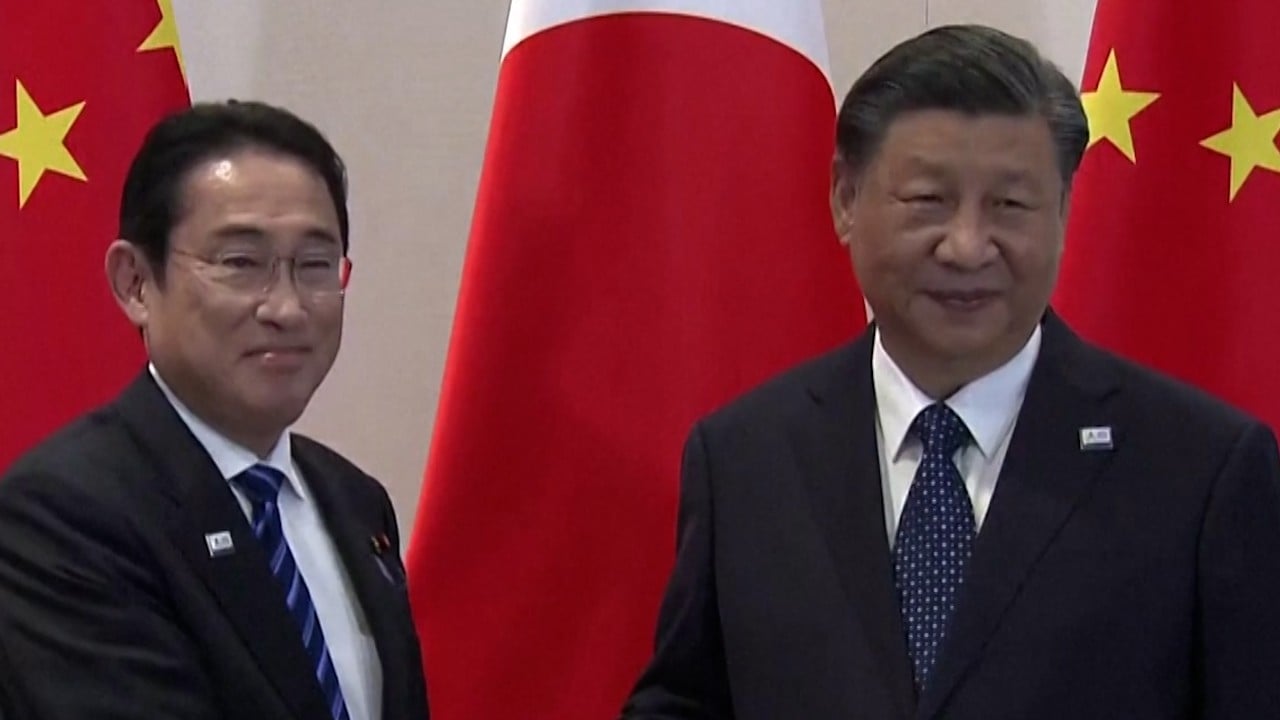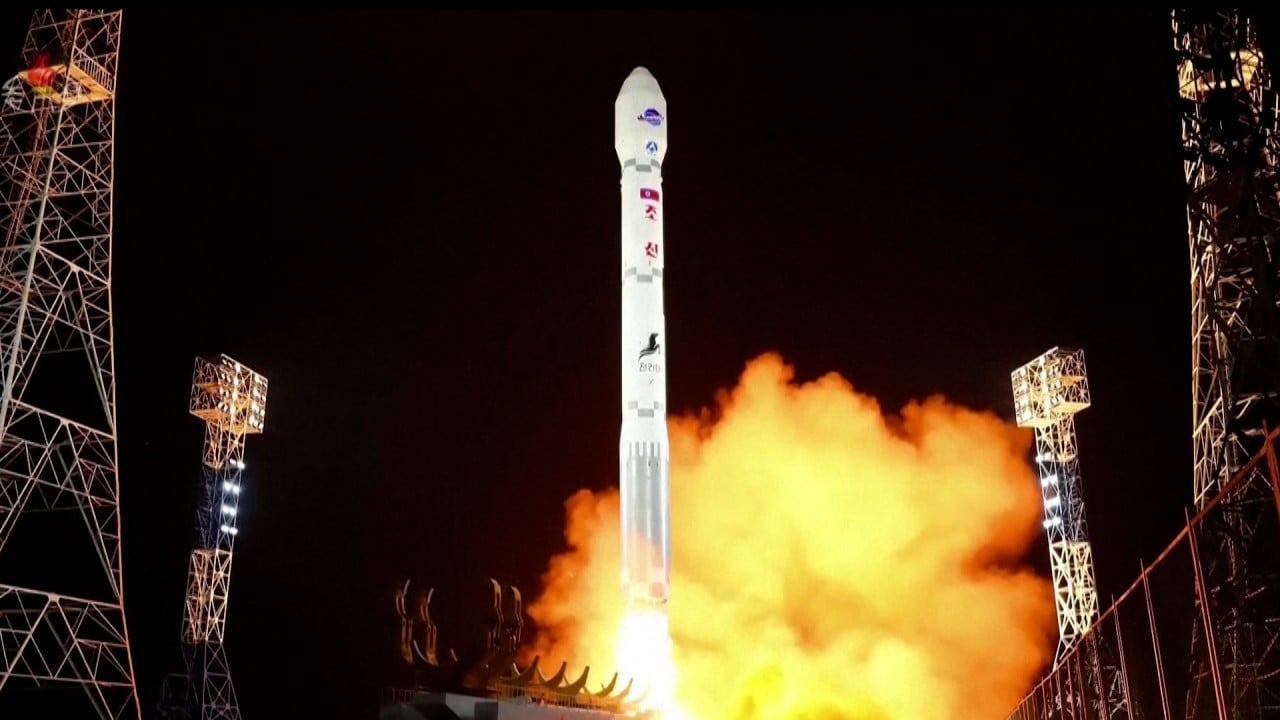
Foreign ministers of China, Japan and South Korea to meet on Sunday for first time in 4 years, Seoul confirms
- The meeting in Busan will address preparations for a three-nation summit, expected to be held by early next year
- The foreign ministers’ gathering is set against a backdrop of tension between China and the US, and Seoul and Pyongyang
The South Korean Ministry of Foreign Affairs said South Korean Foreign Minister Park Jin would host his Chinese and Japanese counterparts Wang Yi and Yoko Kamikawa in the southeastern South Korean city of Busan on Sunday.
“At this meeting, the foreign ministers of Korea, Japan and China plan to exchange opinions extensively on the direction of [the] development of trilateral cooperation, regional and international situations, including preparations for holding the 9th Trilateral Summit,” the ministry said.
Bilateral meetings would also take place on the sidelines of the event, it said.
Kishida and Xi’s ‘pointless’ meeting fails to close gap on thorny issues
It will be Wang’s first visit to South Korea in two years.
The meeting comes as the three countries prepare to hold an annual trilateral summit between South Korean President Yoon Suk-yeol, Chinese Premier Li Qiang, and Japanese Prime Minister Fumio Kishida in South Korea this year or early next year.
Yoon met Li in Jakarta in September during the Asean summit, asking for China’s cooperation to hold a trilateral summit this year. Li said Beijing would “actively respond” to Yoon’s request, according to South Korean presidential office.
In September, foreign ministry senior officials from the three countries agreed to hold the trilateral summit “at the earliest convenient time”, with Seoul suggesting it should be held in December, according to Kyodo News. Yoon also pledged to “actively” promote the process for the trilateral summit during his meeting with Kishida on the sidelines of the G20 summit in New Delhi in September.
The trilateral summit has not been held for four years.
The three countries have recently sought to restore trilateral ties as Beijing and Washington seek to reduce tension in their rivalry.
Chinese President Xi Jinping met Kishida and US President Joe Biden in San Francisco last week. There, he agreed to restore military communication channels with the US and build “constructive and stable” relations with Tokyo.
North Korea halts military pact with Seoul, threatens to unleash new weapons
The Chinese foreign ministry said maintaining peace and stability and advancing the political settlement process of the peninsula issue were in the common interests of all countries in the region. It called on the relevant parties to “remain calm and restrained”.



